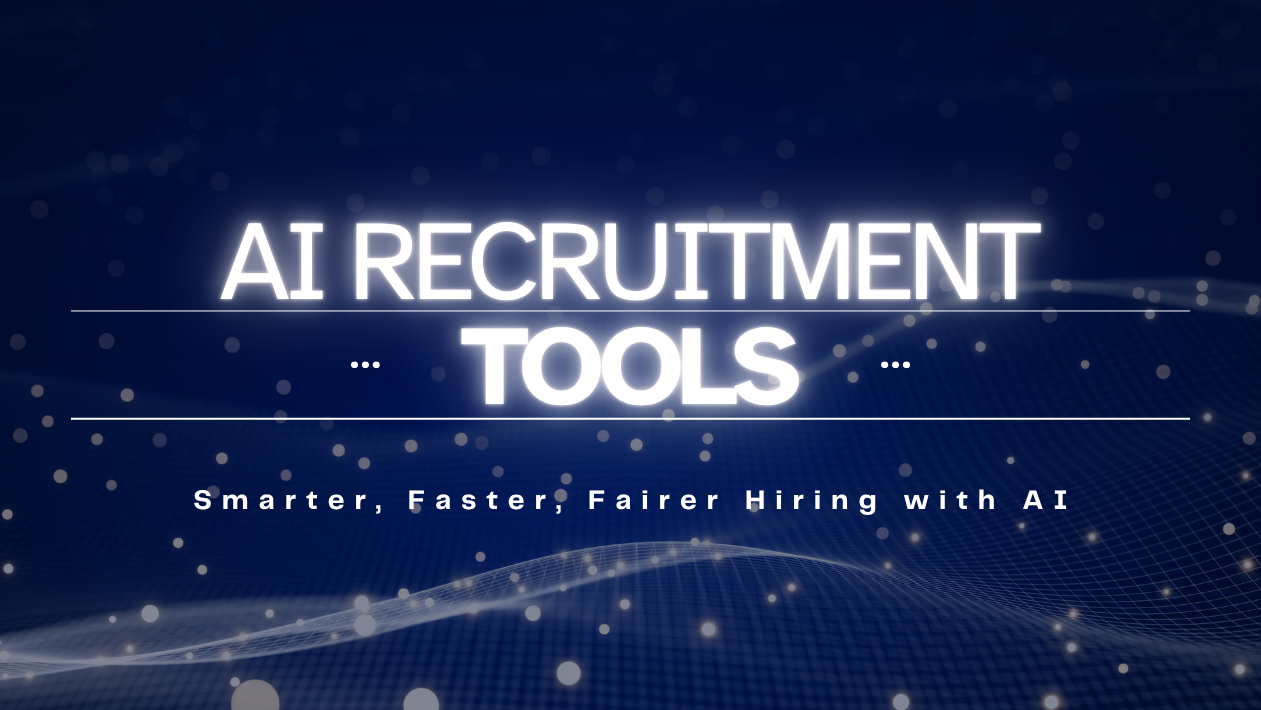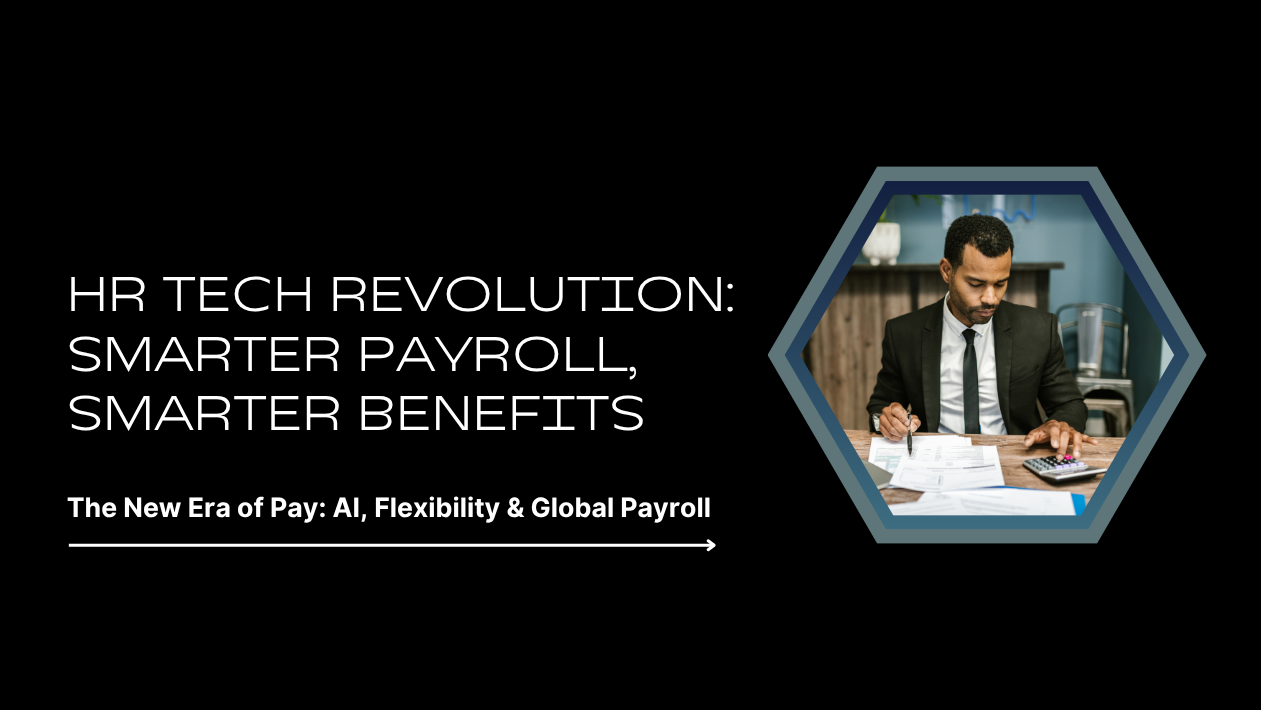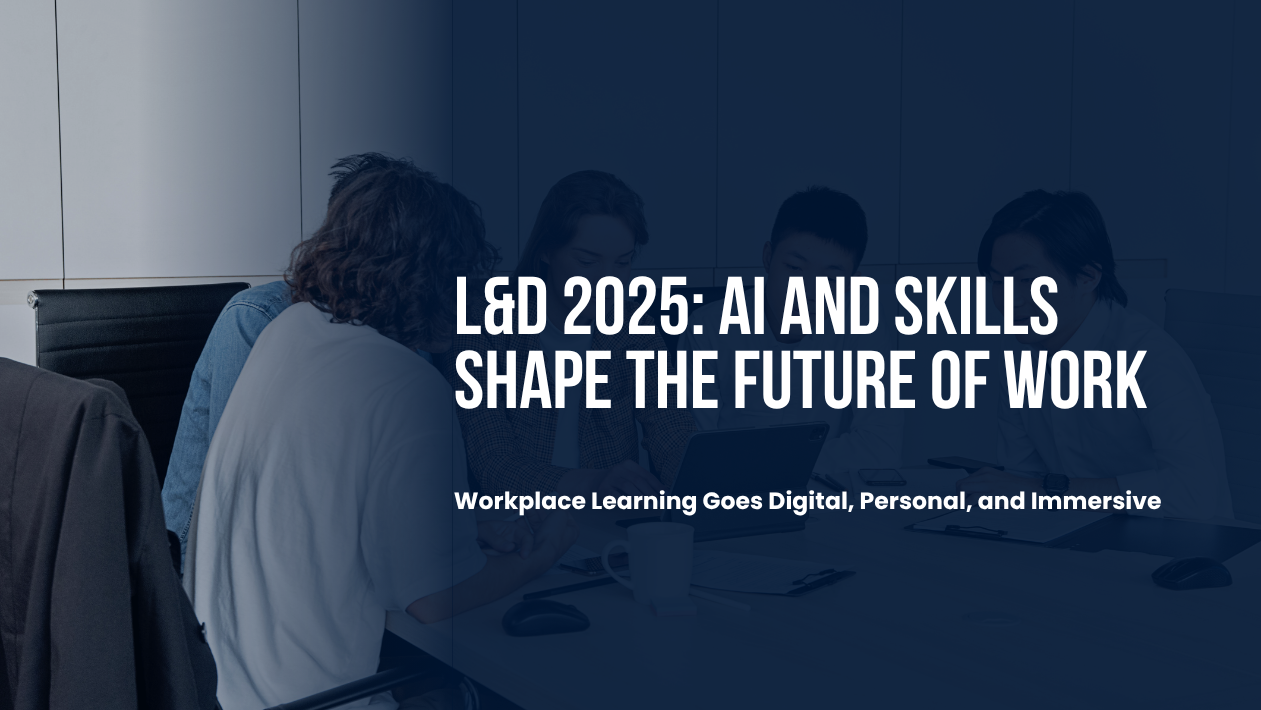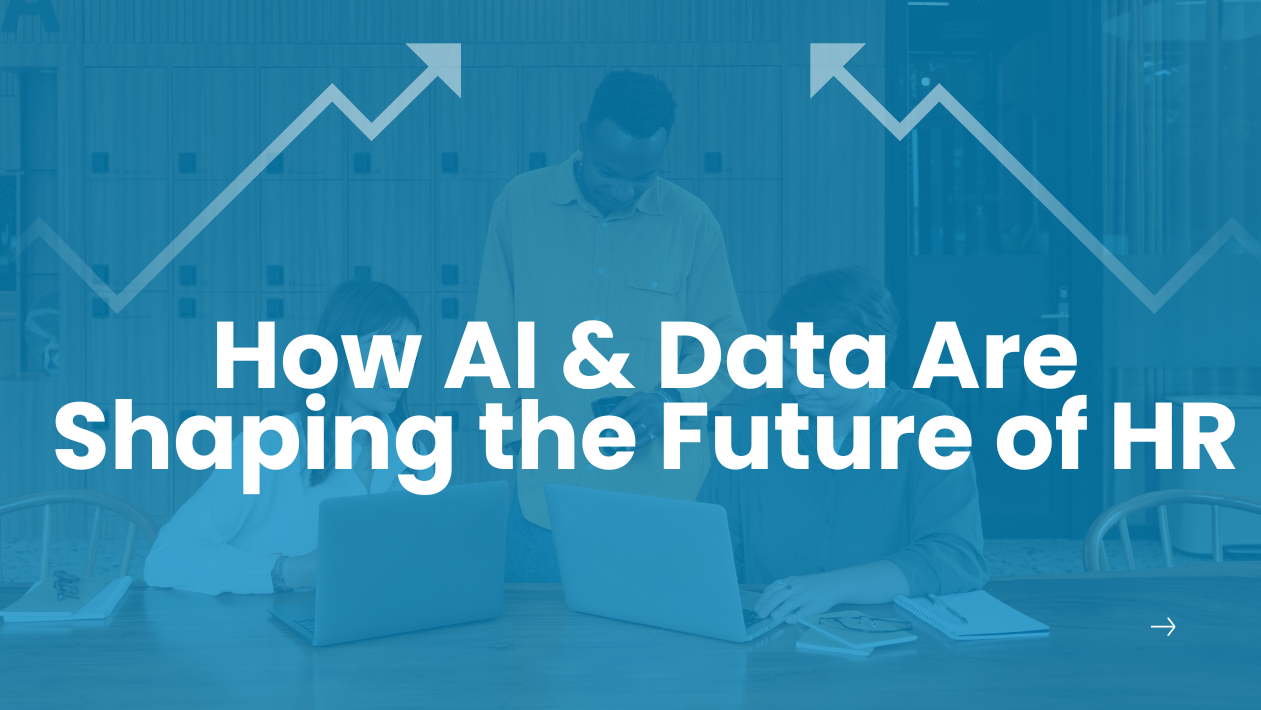The recruitment industry in 2025 looks vastly different from just a few years ago. With AI-powered platforms, predictive analytics, and automation tools, companies are streamlining hiring processes while candidates experience faster, more transparent, and personalized recruitment journeys.
As talent shortages and remote work reshape the workforce, recruitment technology is becoming the backbone of modern HR strategy.
AI Screening and Smart Matching Accelerate Hiring
Recruiters now rely on AI algorithms to scan resumes, assess skills, and match candidates to roles in seconds. Platforms like HireVue, Eightfold AI, and LinkedIn Talent Solutions use natural language processing (NLP) and machine learning to eliminate manual shortlisting, cutting time-to-hire by nearly 40%.
AI-driven video interviews with real-time sentiment and skill analysis are also helping recruiters identify top talent more efficiently.
Skills-Based Hiring Overtakes Degree-Centric Models
Organizations are increasingly focusing on skills-based hiring rather than traditional degrees. Recruitment platforms now integrate with skills verification systems, micro-credentialing tools, and portfolio assessments, ensuring candidates are evaluated on capabilities rather than just education or job history.
This approach has opened doors for non-traditional candidates, especially in tech, design, and gig economy roles.
Chatbots and Virtual Assistants Enhance Candidate Experience
AI chatbots are transforming candidate engagement. From answering FAQs about job openings to scheduling interviews and providing real-time updates, chatbots ensure applicants stay informed throughout the hiring process.
Virtual assistants are also guiding candidates through application steps, reducing drop-off rates and improving employer branding.
Data-Driven Recruitment and Predictive Analytics
Recruitment technology platforms now leverage predictive analytics to forecast hiring needs, assess candidate success likelihood, and identify potential turnover risks.
This allows companies to hire more strategically, ensuring workforce stability and reduced recruitment costs.
Diversity, Equity, and Inclusion (DEI) Powered by Tech
AI recruitment tools are increasingly being designed to remove bias in candidate screening. Blind resume reviews, gender-neutral job descriptions, and diversity analytics dashboards are helping organizations meet DEI goals.
Regulatory bodies are also monitoring algorithmic fairness to ensure ethical recruitment practices.
Remote Hiring and Global Talent Pools
With remote work mainstream in 2025, recruitment technology platforms are expanding access to global talent pools. Video interview platforms, cross-border payroll integration, and compliance-ready hiring systems are enabling businesses to recruit without geographical barriers.
The Future: Recruitment as a Continuous, AI-Driven Process
Recruitment is evolving from one-off hiring events to a continuous talent pipeline strategy. AI-driven talent pools, candidate nurturing platforms, and internal mobility tools are ensuring businesses stay ready for the future of work.
By 2030, experts predict recruitment technology will be fully predictive, proactive, and personalized, with AI anticipating hiring needs before HR departments even post a job.





